We caught up with the brilliant and insightful Nicole Sturgill a few weeks ago and have shared our conversation below.
Nicole, appreciate you joining us today. How’s you first get into your field – what was your first job in this field?
My journey into the field of physical therapy began not as a professional calling, but as a necessity. In high school, I found myself in need of physical therapy following an injury. The experience was transformative. Beyond the physical healing, I discovered a passion for understanding the human body, and more importantly, a desire to help others achieve their fullest potential through rehabilitation. That initial spark led me to work for the very physical therapist who treated me—a professional relationship that lasted seven years.
Those formative years provided me with invaluable hands-on experience. I learned the nuances of patient care, administrative duties, and the rhythm of life in a busy outpatient clinic. It was during this time that my passion for physical therapy solidified, and I pursued my formal education to become a licensed physical therapist. Upon completing my training, it felt natural to return to the clinic where it all began—not just as a former patient or aide, but now as a colleague and clinician.
However, it soon became apparent that the clinical practices in place did not align with my moral compass. I found myself facing a difficult truth: not all healthcare environments prioritize patient well-being over profits, and the principles I held dear—ethics, patient advocacy, and compassionate care—were being compromised. It was a disheartening realization, but one that pushed me to reassess my professional path.
Seeking an environment where integrity and patient-centered care were truly valued, I found my way to the Bacharach Institute for Rehabilitation. The contrast was immediate and profound. At Bacharach, I was surrounded by clinicians who shared my values and mentors who encouraged my growth. It was there that I experienced what I can only describe as the greatest educational experience of my career.
At Bacharach, I honed my clinical skills in a collaborative, evidence-based environment. I treated patients from diverse backgrounds with a wide range of conditions, and every interaction reaffirmed why I chose this profession. At Bacharach I was given the opportunity to work with pediatric patients and neurologically complex individuals both quickly became populations I was passionate about treating and supporting. Most importantly, I learned how to be an advocate—not just for patients, but for the standards and values that define ethical healthcare.
Looking back, my path to becoming a physical therapist was not linear, but it was deeply meaningful. From a high school injury to a professional moral dilemma, and finally to an institution that reignited my passion, every step taught me something vital. Today, I am not only a better clinician because of these experiences, but also a more empathetic, principled, and driven individual.
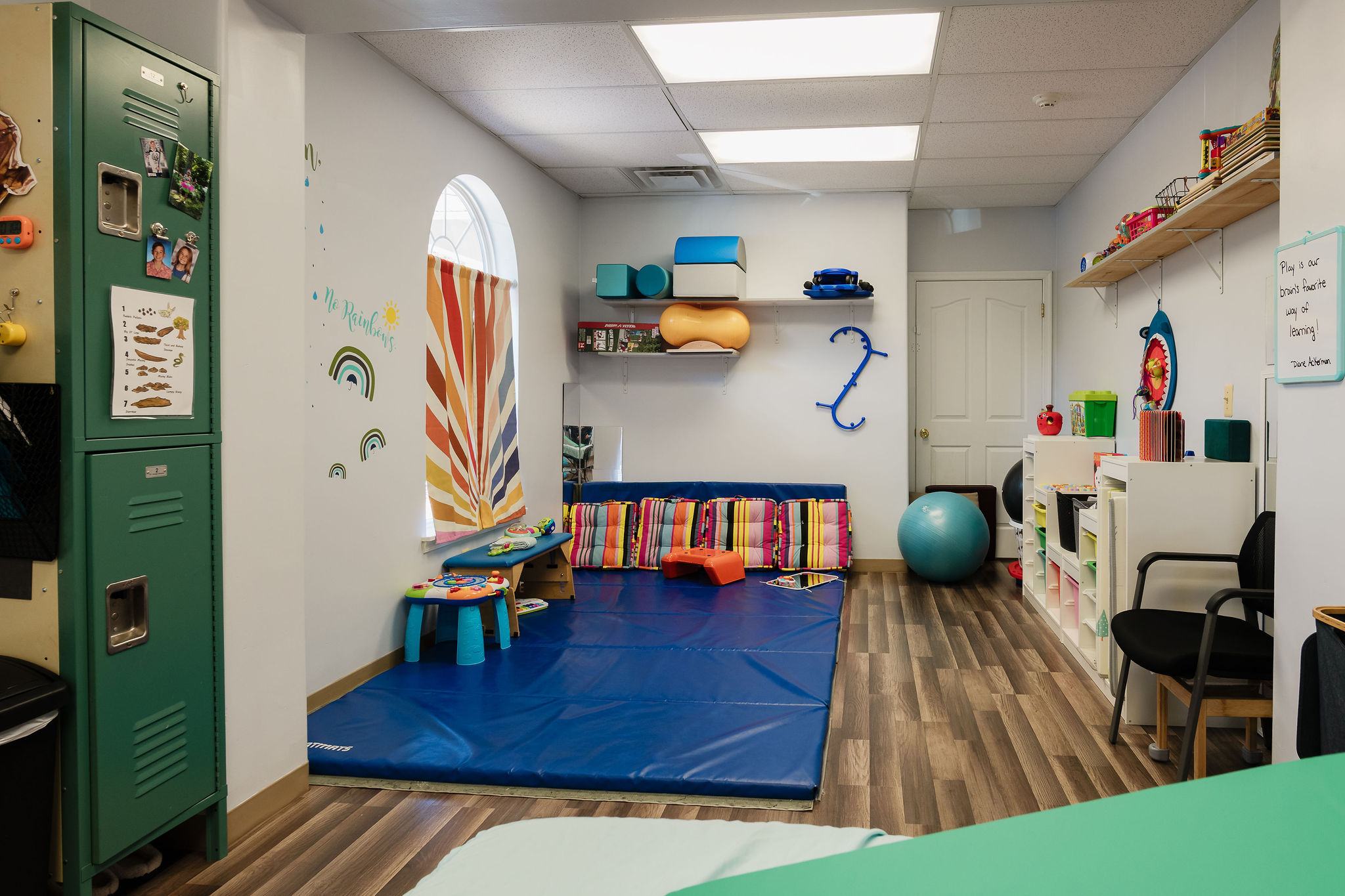
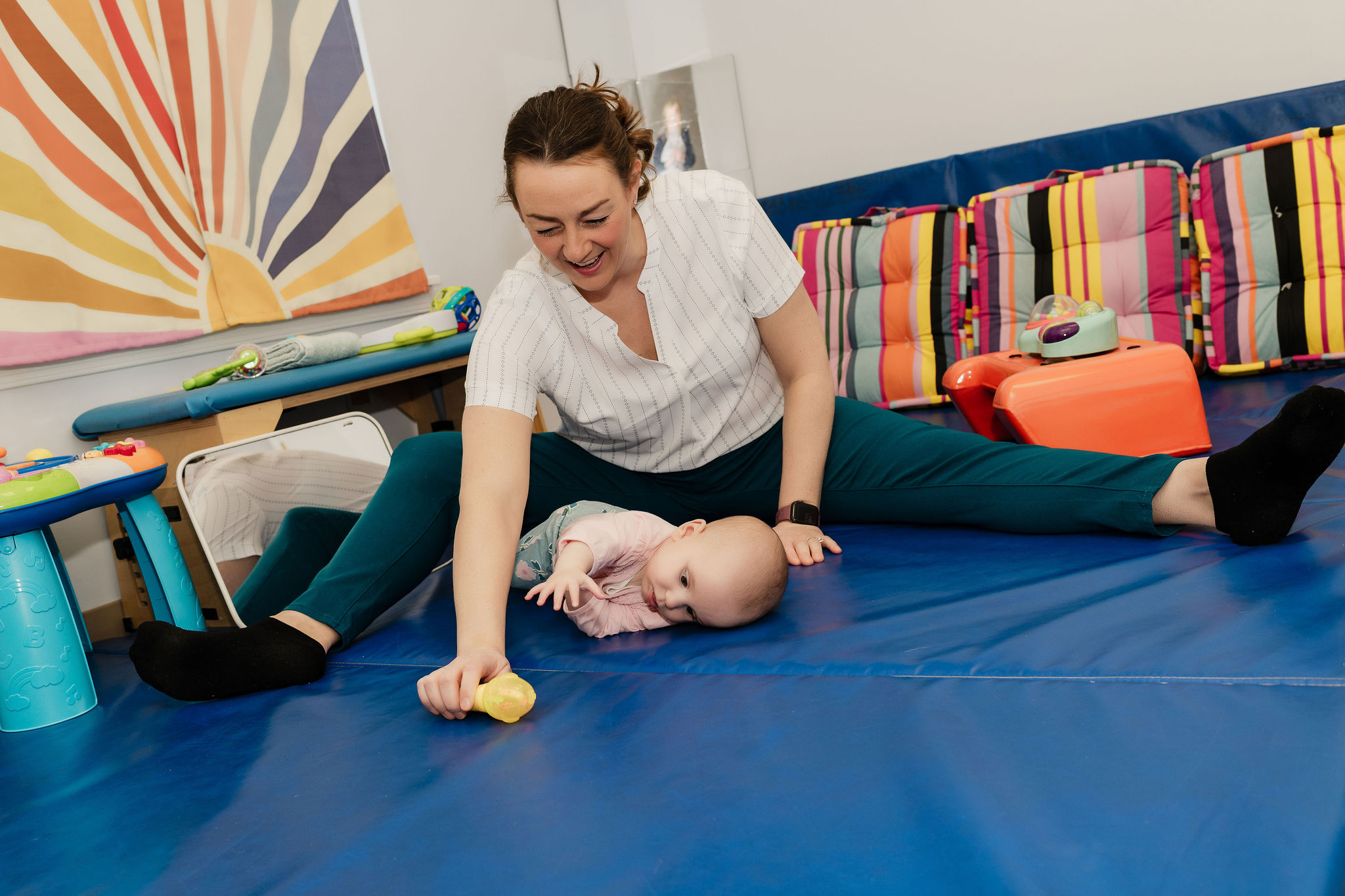
Awesome – so before we get into the rest of our questions, can you briefly introduce yourself to our readers.
From a very young age, I was introduced to both the fragility and resilience of life. When I was a child, my grandmother passed away. Though I was too young to fully understand the complexities of her condition, I vividly remember the helplessness I felt watching someone I loved so deeply deteriorate before my eyes. That experience left a lasting impact on me and quietly planted the seed of a lifelong desire: to care for others in their most vulnerable moments.
As I grew older, that early sense of purpose began to take shape. It wasn’t until high school, however, that it became clear to me what my path would be. I suffered a knee injury while playing sports, which led to several months of physical therapy. My physical therapist was patient, knowledgeable, and deeply empathetic. Each session showed me that healing wasn’t just about the body—it was about rebuilding confidence, fostering resilience, and forming a partnership between therapist and patient.
Through that experience, I began to see physical therapy as a profession that perfectly blended my love of science with my desire to form meaningful human connections. It offered the opportunity to help others regain not only mobility but independence and joy in their daily lives. Physical therapy is more than a job to me; it’s a calling. It allows me to play an active role in someone’s journey, to witness their progress, and to celebrate even the smallest victories with them. Most importantly, it gives me the chance to be the kind of caregiver that makes people feel seen, heard, and supported.
After 10 years, transitioning from a large rehabilitation hospital to Practically Perfect Physical Therapy marked a significant and deeply personal shift in my career. At the hospital, I had the opportunity to work with a wide range of complex cases and collaborate within a large, multidisciplinary team. It was a fast-paced, structured environment that strengthened my clinical skills and broadened my perspective on patient care. However, as fulfilling as that experience was, Mora and I always dreamed of having a space where pediatric and pelvic health therapy were offered and intertwined in a way that breaks down the barriers preventing parents from seeking services for themselves and their children under one roof and she cultivated a space we could do just that!
When the opportunity arose to work for my best friend at her boutique private practice, it felt like the right move both professionally and personally. The practice offered a more intimate, patient-focused setting where I could build deeper, more meaningful relationships with my clients. Here, I have the flexibility to tailor treatment plans, spend more one-on-one time with patients, and take a holistic approach to care—something that aligns more closely with my values. Working alongside someone I trust and admire has only enhanced the experience, creating a collaborative and supportive environment that reignited my passion for the profession.
At Practically Perfect Physical Therapy Mora has mentored me on my journey to becoming a women’s pelvic health provider. Being a pediatric and women’s pelvic health physical therapist is more than a career to me—it’s a calling that comes from the heart. I’ve always been someone who feels deeply for others, and in this work, that compassion becomes my greatest tool. Whether I’m helping a child take their first independent steps or supporting a woman healing from childbirth or navigating pelvic pain, I treat each patient like I would a member of my own family. I know how vulnerable these moments can be, and I never take for granted the trust people place in me. My goal is always to listen first, to meet each person where they are, and to provide care that’s not only clinically effective but also deeply human. Every success, no matter how small, feels personal—because I’m not just helping bodies heal; I’m helping people feel whole again.


Training and knowledge matter of course, but beyond that what do you think matters most in terms of succeeding in your field?
In my undergraduate studies I took a great deal of psychology courses which gave me a foundational understanding of mental wellness. Psychology, mental health, and physical therapy are deeply interconnected and briefly addressed in the doctoral program to become a physical therapist. Recognizing that connection has shaped the way I approach patient care. Physical recovery often involves far more than just the body—it involves the mind and spirit, too. I’ve seen firsthand how chronic pain, injury, or physical limitations can lead to anxiety, depression, and a sense of isolation. Conversely, a person’s mental state can significantly influence how they heal. Fear, stress, and low self-esteem can hinder progress, while encouragement, emotional support, and a positive mindset can accelerate it. That’s why I believe it’s essential to treat the whole person, not just the diagnosis.
In my practice, I strive to create a space where patients feel safe not only to move but to express. Whether I’m working with a child who’s frustrated with developmental delays or a woman recovering postpartum who feels disconnected from her body, I listen carefully to the emotional story behind the physical symptoms. Understanding the psychological layers of a person’s experience allows me to tailor treatments more effectively and build trust that leads to better outcomes. Integrating mental health awareness into physical therapy helps me foster healing that lasts—because true rehabilitation happens when both the body and the mind are supported together.
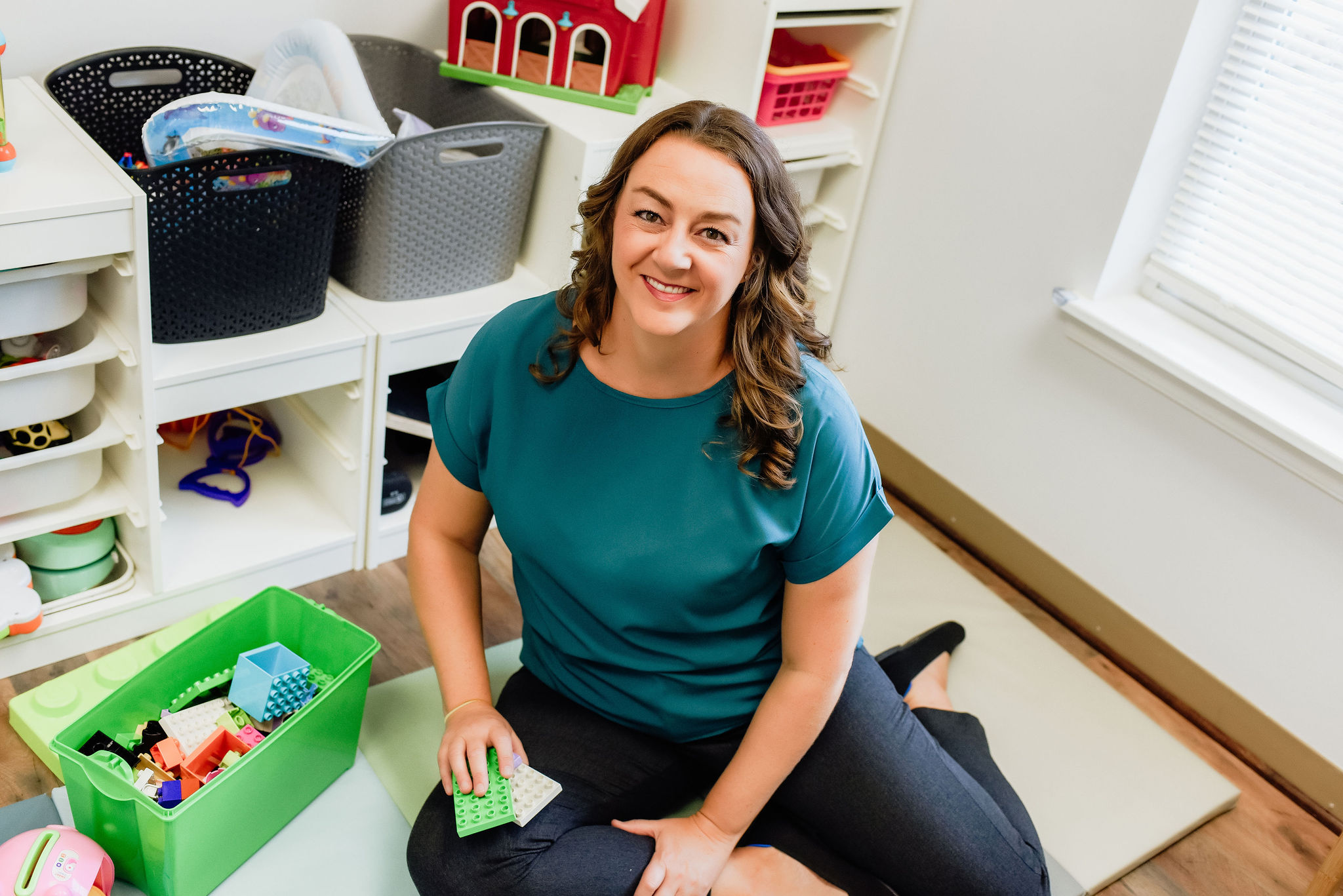

We’d love to hear a story of resilience from your journey.
Working through the pandemic as a physical therapist was one of the most challenging and humbling experiences of my career. In a time filled with fear, uncertainty, and isolation, I witnessed incredible resilience—not only in my patients, but within myself and my colleagues. We adapted quickly to constantly changing protocols, found new ways to connect through masks and distance, and continued to show up each day because our patients still needed us—perhaps more than ever. Many were recovering from COVID-19 itself, while others struggled with the mental and physical toll of prolonged isolation. Despite the barriers, we found strength in compassion and creativity, and those moments of progress, no matter how small, reminded me why I chose this profession. The pandemic tested us, but it also deepened my sense of purpose and reinforced the healing power of human connection, even in the most uncertain times.
Contact Info:
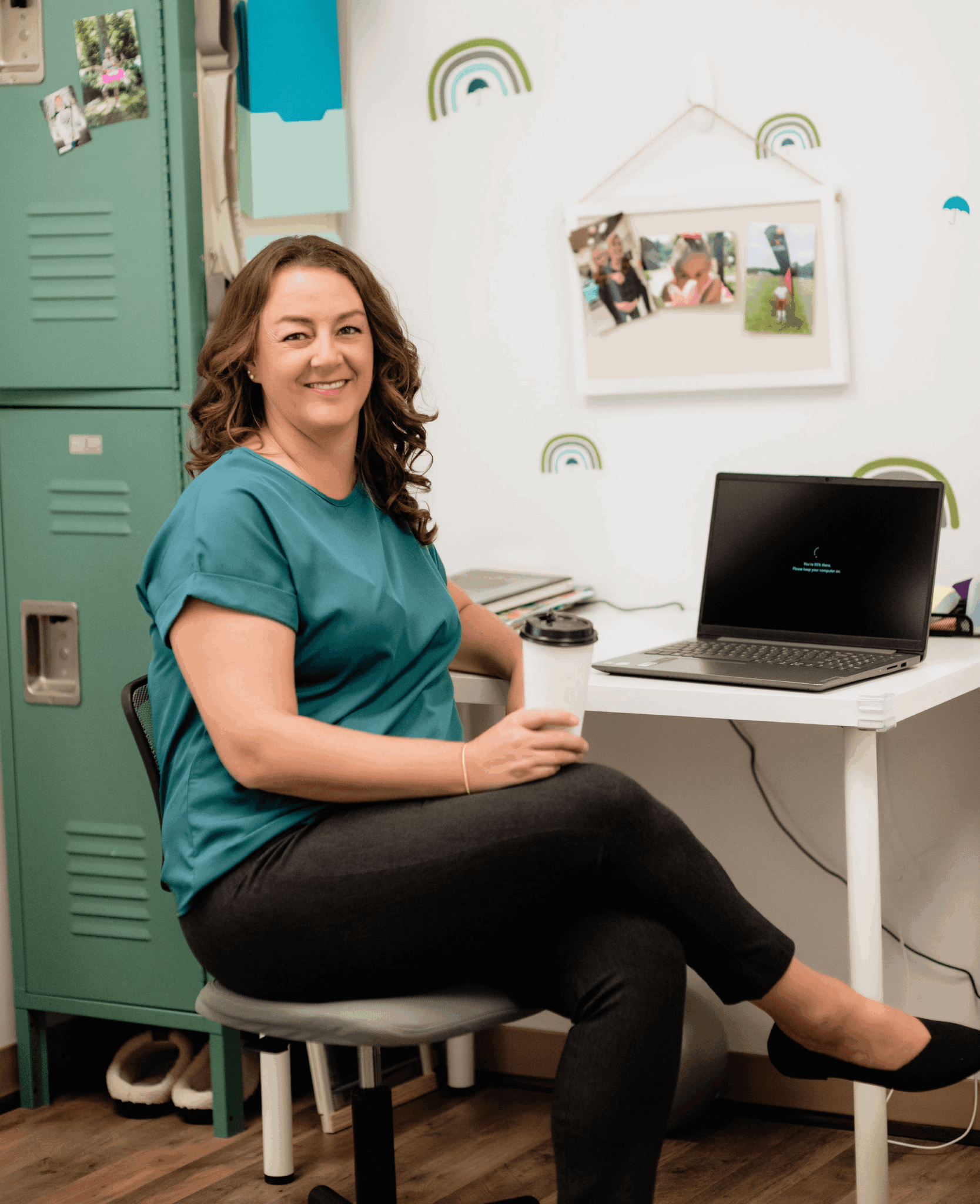
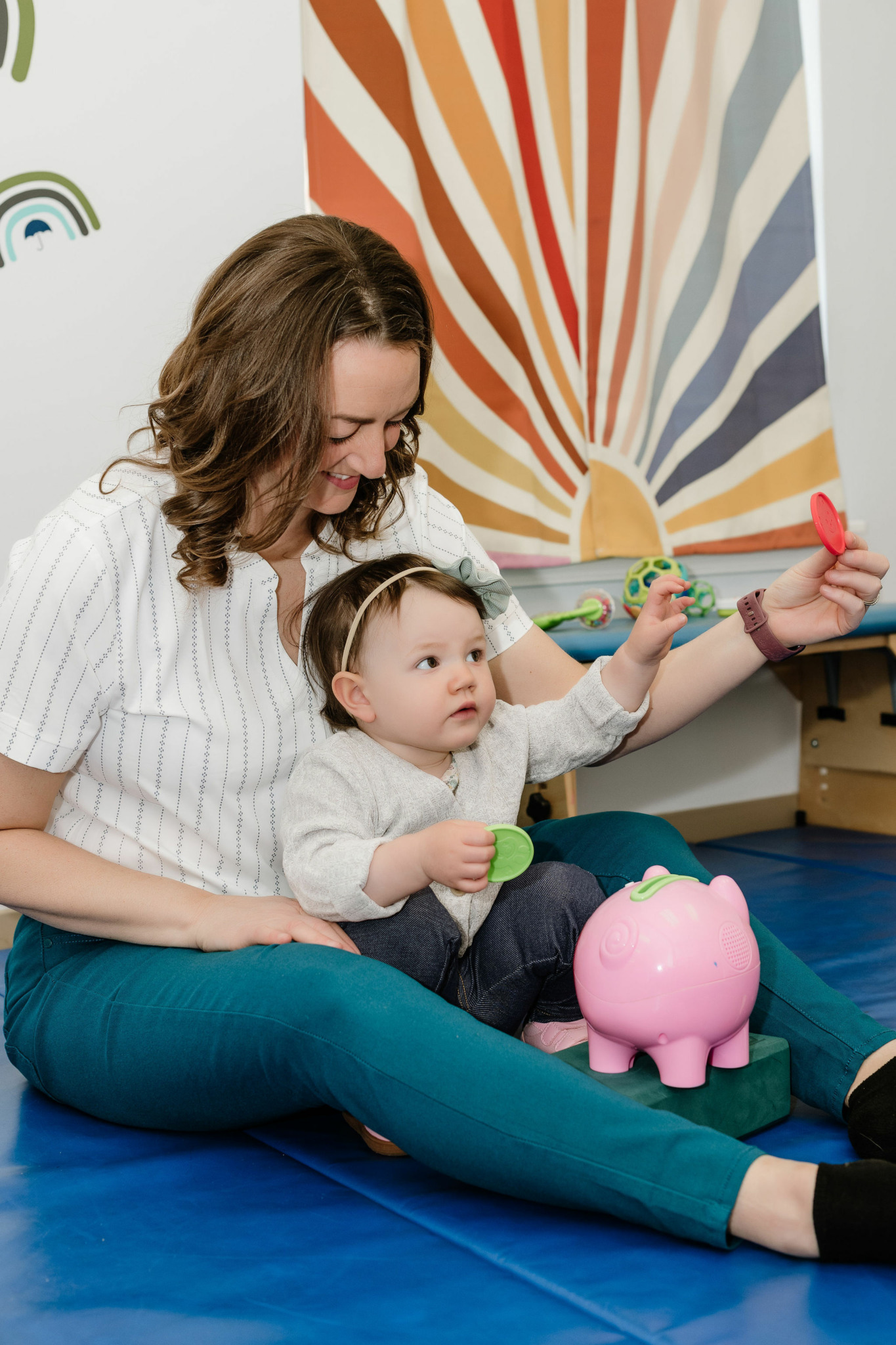
Image Credits
Nicole Albertson Photography


